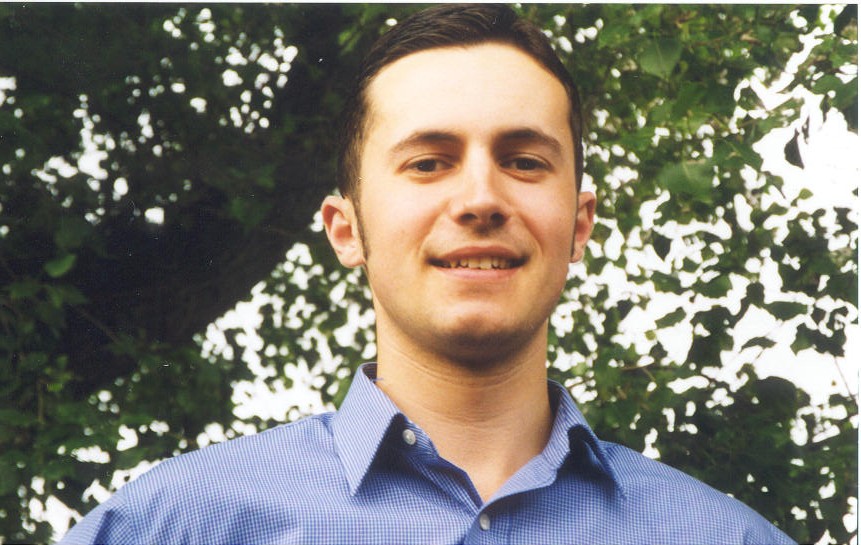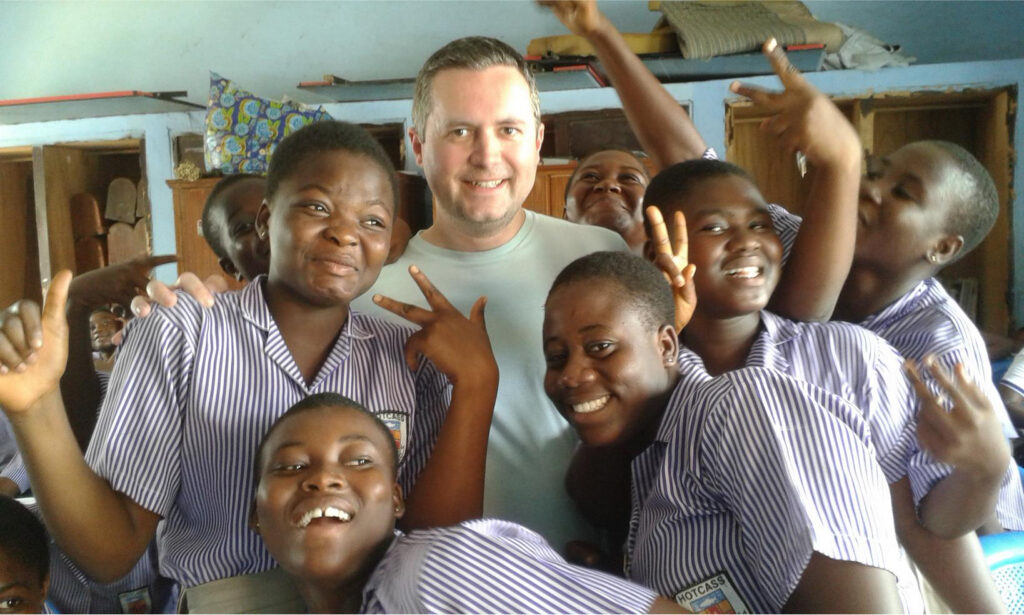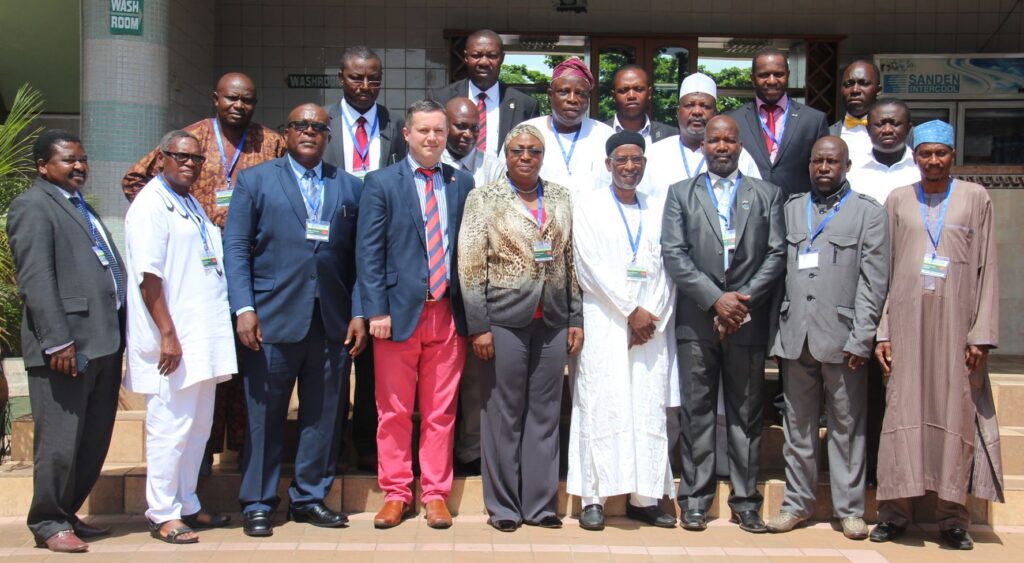Charities need leadership, too
Daniel Valentine, MLitt Management Economics & Politics 2000, describes his new role as Executive chair of Lovey Foundation UK, and how the problem-solving skills he developed at St Andrews have helped him to reach this point in his career path.

My time at St Andrews gave me access to the finest thinkers, developed my leadership skills and provided me with a range of new experiences. It also taught me that the hardest problems can often be solved through study and reflection and by consulting a range of experts. The world has no shortage of problems, and I have always been eager to contribute towards their solutions, so this approach has served me well beyond university and throughout my career.
Earlier this year, with over twenty years’ corporate experience, I was honoured to be elected as the new Executive Chair of Lovey Foundation UK. This new leadership role has given me the opportunity to enable some of the most deprived children in Ghana to access full-time education and to help people in one of the least developed districts of northeast Ghana overcome the challenges of tribal conflict, climate change and low agricultural yields.
Lovey Foundation works in the poorest districts of northeast Ghana where tribal conflict, extreme temperatures and climate change make even subsistence agriculture a difficult endeavour. Due to these hardships, many families are unable to send their children to school. It is common for children from the age of five to be used as labourers – collecting wood from forests, breaking stones in quarries, carrying water or tending livestock. Some children are also at risk of being sold.
Lovey Foundation operates through close partnership with Lovey Foundation Ghana (LFG) – a sister charity. LFG has developed an extensive network of local teachers and community leaders who identify child labourers and reach out to their families to persuade them to permit their children to attend school. As part of the deal, if local families commit to releasing their children for full-time education, Lovey Foundation commits to equipping them with school uniforms, sandals and school satchels, so that each child is properly prepared for school. Throughout the year each child is monitored to ensure that they are attending school and progressing in their education.

Educational access is imperative for both the personal development of children and the economic development of the region. The charity aims to bridge the gap between these by focusing on children from the most rural, isolated regions of Ghana. It believes strongly that local communities should be closely involved in design and delivery: partnership with local people is therefore fundamental to our work if we are to avoid the notions of dependence and paternalism. Ghanaians have a real passion for education, and our work aims to unlock that passion and channel it into creating social change and economic growth.
Several aspects of my career had prepared me for this role. Having worked in sales, marketing, finance and public relations, I had picked up considerable experience managing people, projects and budgets. In addition, in 2016, I created the ‘This is Engineering’ campaign at the Royal Academy of Engineering – Europe’s largest campaign to promote careers in engineering and technology to young people.

As a charity Chair, my key tasks are leading a team, networking, setting up new strategic partnerships and fundraising. The Charity Sector is at the cutting edge of fundraising and partnerships, both of which are key facets for any charity with aspirations to grow. I have been able to adapt my corporate sales experience to become an effective charity fundraiser. So far, I have raised £ 4 million in cash and approximately £ 6 million in “in kind” services for UK charities. I am also regularly asked to speak at conferences on fundraising and leadership.
My advice to students or recent graduates is this: don’t save charity work for your retirement – get involved now. Working as a Charity Trustee, and ultimately as a Charity Chair is an endlessly rewarding role. You may want to apply the same skills you have acquired at university or through your employment, or you may want to do something entirely different. Volunteering provides you with this flexibility. While switching career paths in favour of charity work is often daunting in terms of the stability of paid employment, the new skillset and worldly experience you will gain through volunteer work is ultimately priceless.
If you would like to find out more about the Lovey story, message Daniel, follow him on Twitter, or visit www.loveyfoundation.org
